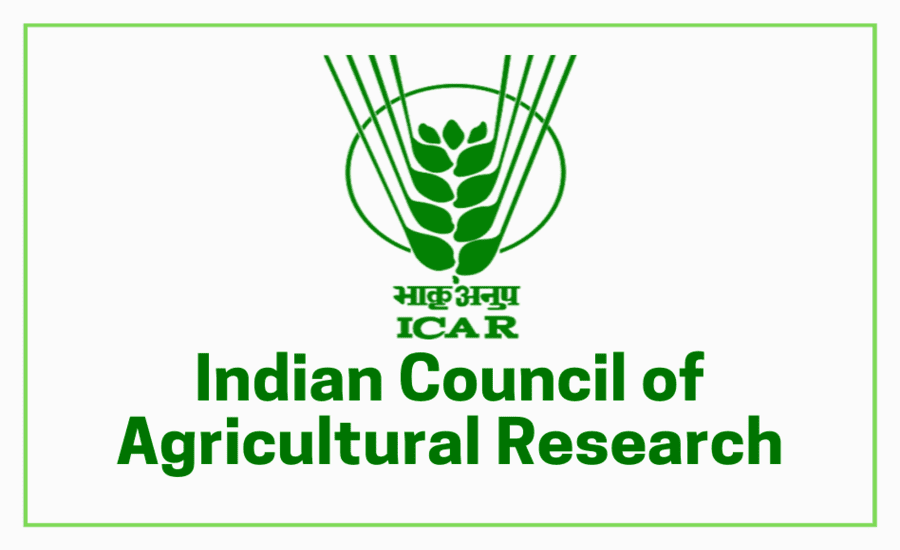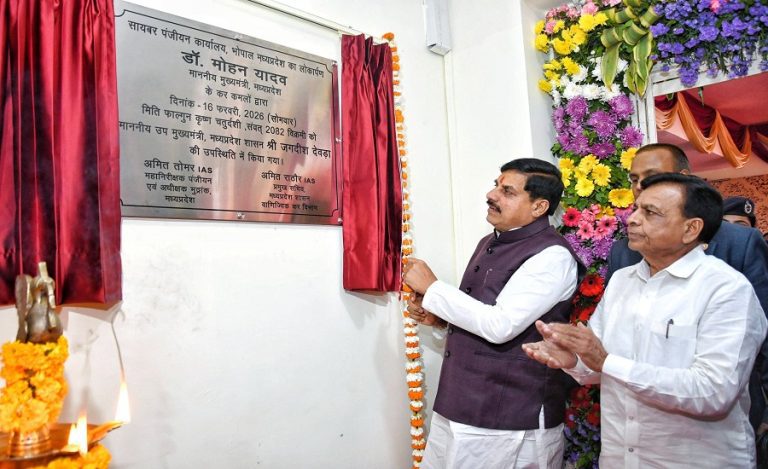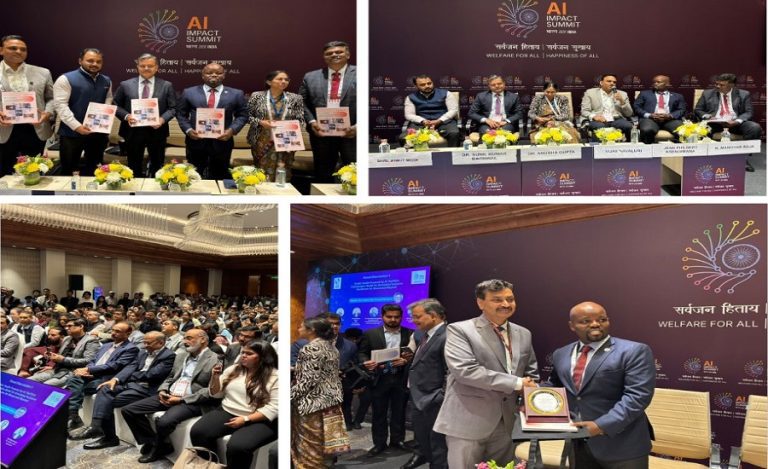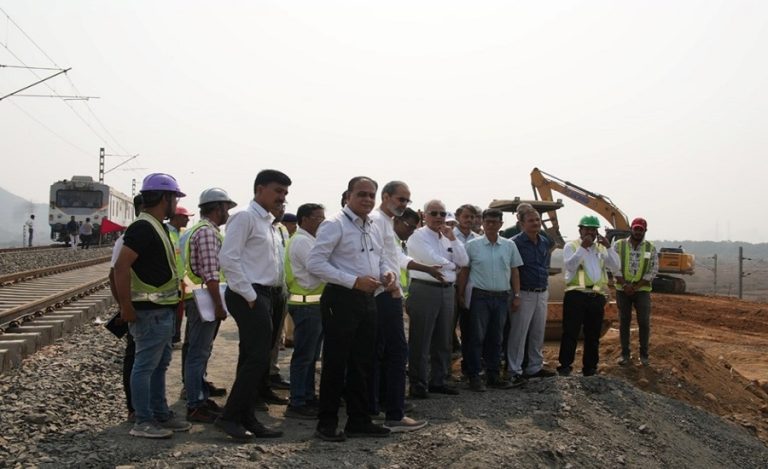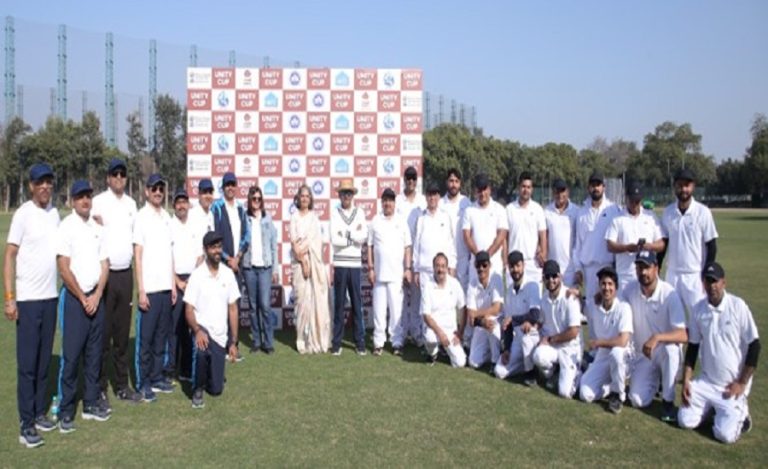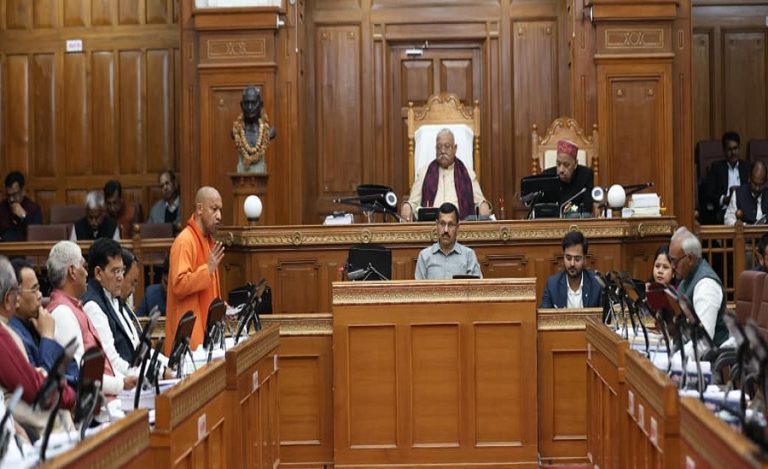New Delhi: In a decisive push for cleaner, more efficient governance, the Indian Council of Agricultural Research (ICAR) under the Department of Agricultural Research & Education (DARE) has brought its Special Campaign 5.0 to a close. The drive focused on three core pillars — cleanliness, robust record management and improved public service delivery.
The outcomes are impressive: over ₹2.45 crore revenue from scrap auctions, about 26,000 files reviewed, more than 10,800 files weeded out and accelerated service for research and farmer-linked stakeholders.
Background of the DARE ICAR Special Campaign 5.0
The Special Campaign 5.0 was a time-bound initiative aimed at streamlining administrative and infrastructural processes within ICAR’s network of research institutes. Under the theme of cleanliness and accountability, the campaign sought to align with the national cleanliness mission (“Swachh Bharat”) and internal reform goals of research governance.
One of the early public mentions shows that Dr. M. L. Jat, Secretary of DARE and Director‐General of ICAR, inspected the record room at Krishi Bhawan, emphasising weeding of obsolete files, digitisation and ensuring efficient office functioning.
Key Achievements
- Record Management Overhaul: Around 26,000 physical files were reviewed, and approximately 10,815 files were weeded out as part of the file-clearing exercise.
- In broader media reports, 17,801 physical files and 9,001 e-files were reviewed; about 5,565 physical files and 3,561 e-files were closed.
- These measures free up significant space, reduce clutter, improve retrieval times and pave the way for faster public service delivery.
- Cleanliness & Infrastructure Gains: The drive gave renewed focus to cleanliness, accountability and efficiency across ICAR institutes, aligning with the “Swachhata” ethos.
- One media report noted that more than 2 lakh sq. ft. of office space was freed up through this campaign.
- Revenue Generation from Asset Disposal: A significant outcome: gross revenue of over ₹2.45 crore was generated by auctioning scrap materials — equipment, furniture, excess items — turning “waste” into public-value.
This shows that office clean-ups and asset rationalisation can directly contribute financially, not just administratively.
Impact of DARE ICAR Special Campaign 5.0 on Public Service & Research Efficiency
With clearer records, freed infrastructure space and better documentation, ICAR is now better positioned to serve farmers, researchers and stakeholders faster. The improved environment supports quicker decisions, easier access to files, less downtime and more focus on core agricultural research rather than administrative overload.
By generating non-tax revenue through scrap auctions, the campaign also infuses additional funds back into the system — creating a virtuous cycle of efficiency and value-creation.
Why This Matters
- Transparency & Accountability: By weeding obsolete files and reducing asset clutter, ICAR strengthens governance and eases oversight.
- Operational Efficiency: Less time lost searching for old documents, better utilisation of space, and improved working conditions.
- Financial Value: The initiative shows that administrative reform can generate revenue, contributing to the institution rather than being purely a cost.
- Public Service Enhancement: Researchers and farmers benefit when administrative machinery runs smoothly — quicker responses, organised records, better support.
- Model for Others: ICAR’s success under the campaign offers a template for other ministries and departments to adopt similar campaigns. Indeed, other departments under Special Campaign 5.0 have reported substantial gains in space freed and revenue.
The Way Forward
While the campaign is officially concluded, the habit of periodic clean-ups, asset rationalisation and active record management needs to be institutionalised. Reports suggest that ICAR and other bodies plan to continue regular weeding cycles, digitisation efforts and transparency measures. The key test will be sustaining momentum beyond a campaign period.
As senior leadership has indicated, the aim is to make such reforms a part of normal office culture — not just a once-in-a-year drive.
Read Also: Bihar to Establish Country’s First Digital Agriculture Directorate to Boost Farmers’ Income

